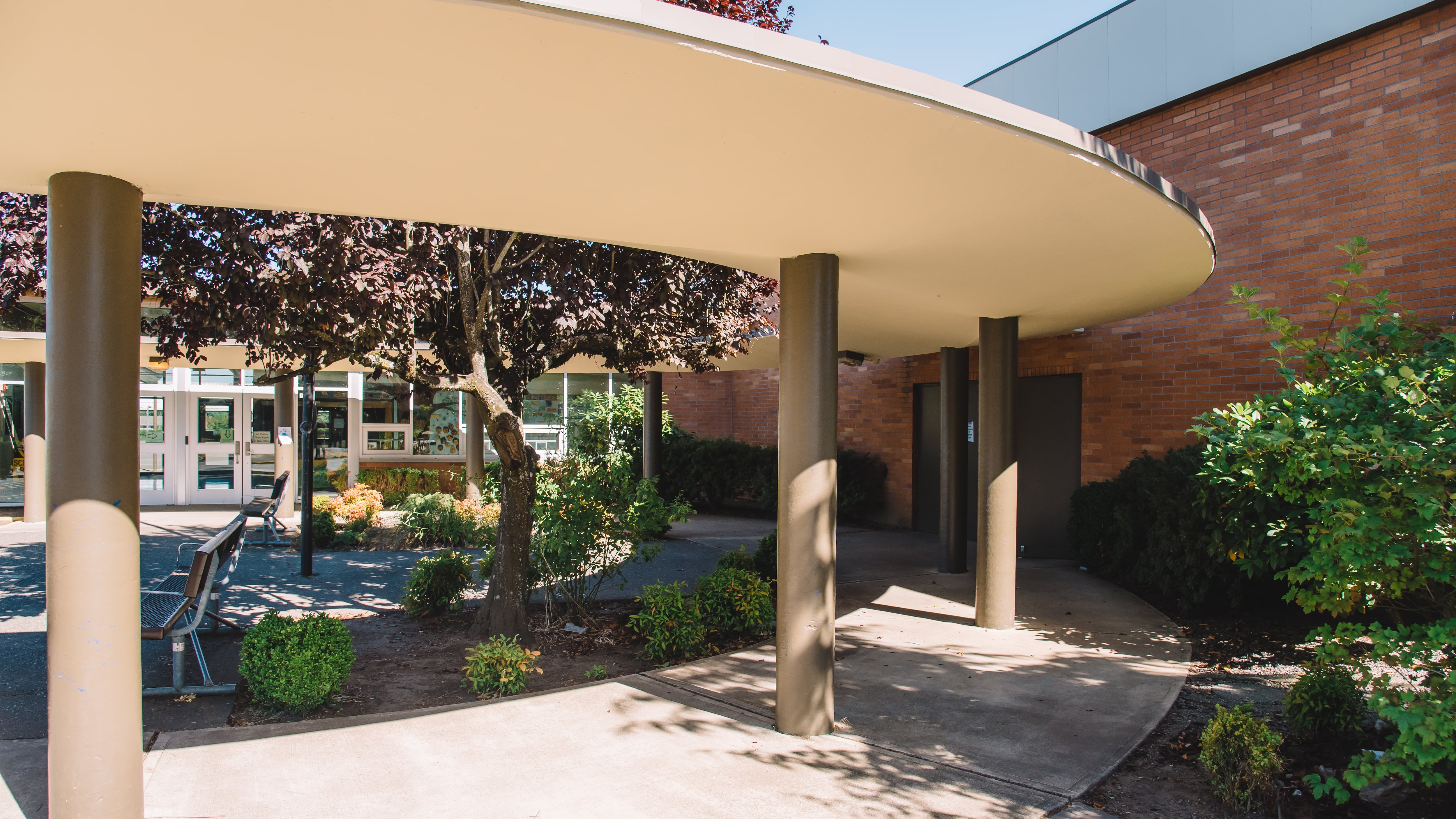A revived Portland School Board committee on teaching, learning and enrollment has opened a window into the school district’s paraeducator substitute crisis.
The number of students enrolled in Portland Public Schools’ special education program ebbs and flows from year to year, but students receiving special education services increasingly make up a larger portion of the district’s overall enrollment. In the 2024–25 academic year, they made up 17.2% of PPS’s student body, which means serving them and their families is a growing priority for the district.
But in a presentation the committee heard on Thursday, district leaders say they’re struggling to fill paraeducator substitute positions, even as regular staff struggle with high rates of burnout and “overwhelming” caseloads, according to the presentation.
Numbers from Oct. 2 of the 2025–26 academic year reveal the district has struggled thus far to fill 2,213 of its 3,646 needed paraeducator substitute positions—or about 60%. (In previous years, the district has also reported struggling to fill thousands of positions.) That equates to between 30 and 60 special paraeducator positions going unfilled each day, said Jey Buno, the district’s chief of student support services.
Buno said when paraeducator positions go unfilled in buildings, it often means general education and multilingual supports need to be reallocated.
“Not having resources that are otherwise allocated and then increasing student needs really creates a significant strain on the system and more importantly means that kids aren’t getting their needs met,” he said at the meeting.
In an attempt to provide more regular staffing, PPS recently contracted with Tennessee-based company ESS, and is requiring paraeducator substitutes interested in continuing with the district to join the ESS team. PPS’s contract with ESS is for $1.39 million. It is for about one year, from Oct. 1, 2025, to Aug. 15, 2026.
The awarding of that contract, Buno said, models what other school districts in Multnomah County and Oregon have chosen to do to meet the crisis.
Elizabeth Held, acting president of the Portland Federation of School Professionals, expressed concern. “We asked how many additional staff outside the existing sub pool ESS would provide,” she tells WW, “and have yet to receive an answer. Nor have we been given information on the incoming staff’s training.”
School Board member Christy Splitt asked how the district plans to assess the success of a contract with ESS. Buno said the contract’s goal is to increase fill rates for paraeducator substitutes, and ESS will be evaluated on that benchmark. He also affirmed that the district plans to “continue to engage our staff in either addressing procedures or processes or just gathering feedback.”
Cathy Huck is one paraeducator substitute for PPS who says she’s alarmed by the new model. She says paraeducator substitutes who sign on with ESS would lose public benefits. Huck says it also feels like a departure from the PPS team she has worked with for about 15 years. (Before becoming a paraeducator substitute, Huck was full-time with the district.)
Under this new system, she says she’s not sure how many paraeducator substitutes would be motivated to join.
“I just want to work where I work,” Huck says. “I want to do the job I work. I like working with these kids, you know, it just breaks my heart not being able to do this anymore.”
She called for the district to try and find internal solutions: “There’s a lot of talent in that big building there that they should be able to think outside the box and figure stuff out.”

